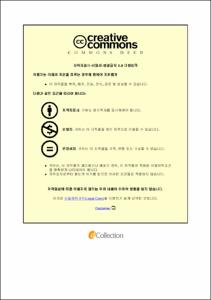未來 韓․美 戰略同盟 發展方向
= The Rok-US Strategic Alliance Suggestions : Conversion of the wartime operationl control measures focusing on the development of the Rok-US Alliance
- Type
- Thesis
- Alternative Title
- 戰時作戰權 轉換 以後의 韓美同盟 發展方向을 中心으로
- Advisor
- 김선호
- Department
- 경영대학원 경영학과
- Issued Date
- 2011
- Publisher
- 한성대학교 경영대학원
- Keyword
- 한미 전략동맹 발전방향; 전시작전통제권 전환이 한미 동맹에 미치는 영향; 한미동맹의 환경 변화
- Files in This Item:
-
-
Download
 200000853134.pdf
기타 데이터 / 859.31 kB / Adobe PDF
200000853134.pdf
기타 데이터 / 859.31 kB / Adobe PDF
-
Items in Repository are protected by copyright, with all rights reserved, unless otherwise indicated.